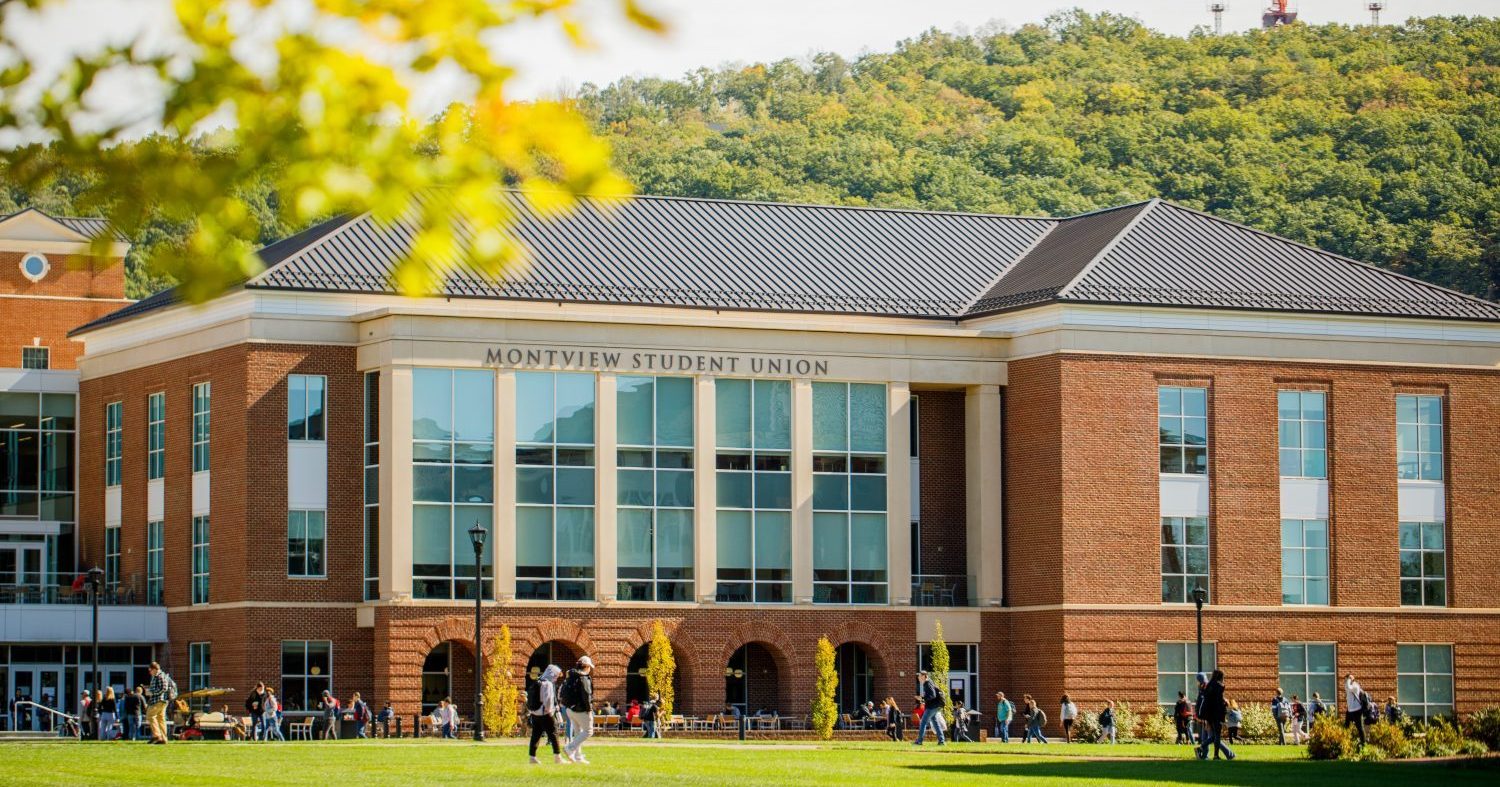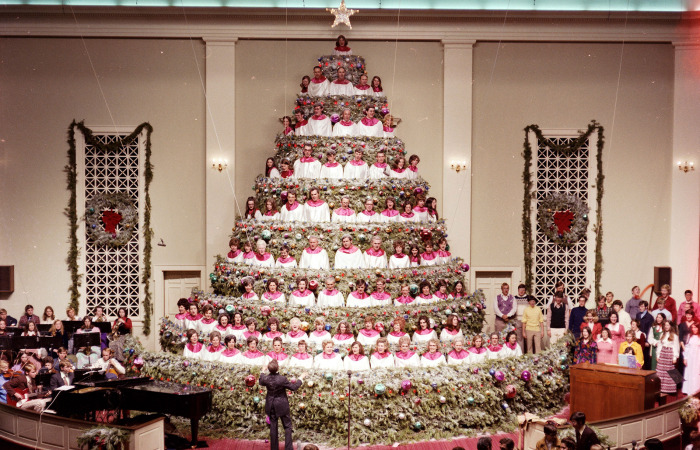Recently released audited financial statements for fiscal year 2019 show that Liberty University continues to benefit from applying the consistent business principles of accountability and efficiency to every aspect of its operations in order to deliver a world-class experience to its residential and online students.
The results are staggering, showing continued financial growth at a time when other schools continue to struggle. Liberty’s total assets grew by $317.5 million in just the last year, and the university now holds $3.13 billion in assets. The operating revenue earned last year grew by $92.7 million, while operating expenses grew by only half that rate. Furthermore, the university’s investments rose by $237 million in the last year (from $1.668 billion in 2018 to $1.905 billion in 2019). By September 2019, total investments reached over $2.029 billion.
Liberty’s financial strength continues to translate into real resources for students as they benefit from new and improved facilities throughout campus. In the last 12 months, the School of Business opened its new building and major investments were made in the engineering program, the School of Behavioral Sciences, the College of Osteopathic Medicine, and the School of Nursing, among other academic areas. Liberty is poised to open a new Veterans Student Center that triples the square footage for military students.
“While we understand that we will always have critics in the press and even some in the higher education community who just do not understand our business drive and vision, we are here to serve and focus on our students first,” President Jerry Falwell said. “We will continue to build Liberty’s strength for our students, our alumni, and their long-term legacies.”
Students are also reaping the benefits of institutional financial aid, which now exceeds $277 million per year. This school year, Liberty launched the largest need-based student aid program in university history, the Middle America Scholarship, representing another $17 million investment in students per year. The scholarship is helping students from middle-income families who typically earn between $35,000 and $95,000 per year. For eligible students, the scholarship will bring them up to the equivalent of the full Federal Pell Grant amount. To date, Liberty has awarded over $5 million to 1,200 students.
This fall, Liberty also increased its investment in the local Stay Close, Go Far Promise Scholarship program, sponsored and funded by the nonprofit Lynchburg Beacon of Hope. The program pledges up to $8,000 per student (those who attended a Lynchburg City School from the ninth to 12th grades) over four years. Liberty is one of six colleges and universities to take part but is going a step further by providing an additional $8,000 toward meal plans. For more on scholarships for Virginia residents, visit Liberty.edu/Admissions.
Liberty’s online undergraduate students are also seeing savings of up to $975 per year with free digital textbooks and instructional materials. Visit Liberty.edu/Online/Scholarships for more information.
Tuition freeze in place for second straight year
Liberty University is keeping its residential tuition rates the same for the second year in a row, effective for the 2020-21 academic year. The university has also frozen rates for its online program for the fourth year.
The move comes as college debt burden and tuition increases among public and private universities has emerged as a national issue for policymakers.
“We are meeting this issue head-on,” said Liberty President Jerry Falwell. “Liberty remains committed to providing a world-class education within a Christian worldview, and assisting our students financially is a large factor in that. Our graduates are making an impact all over the globe, from nursing to teaching to engineering, and in many other disciplines. If we can help keep tuition costs down, they will meet their goals sooner and will have an even greater impact where they work and live.”
When most other schools are increasing their prices by up to 5 percent every year, Liberty’s tuition freeze translates to immediate savings for families. Keeping tuition the same, in addition to generous financial aid, makes a Liberty education more attainable than the majority of other private university degrees and competitive with many in-state public colleges and universities.
For more, visit Liberty.edu/TuitionFreeze.
Student debt falls below national average
A recent national study shows that students at Liberty University are borrowing less than other students while they complete their degree. According to LendEDU, Liberty’s Class of 2018 has a low average debt per borrower of only $22,836 for their four-year undergraduate degree, placing students in the bottom 6th percentile nationally and about $6,000 below the national average.
When compared with almost 1,000 four-year public and private schools nationwide, Liberty students rank the 134th lowest in the country. They also rank second for the lowest amount borrowed in Virginia, and they borrow less among private universities, ranking the 55th lowest.
All schools within the university weave an aspect of financial literacy into their course content. Since 2012, Liberty has provided a free financial literacy course to all students.
“Liberty University is always looking for ways to help keep a private, Christian education affordable, and we are thankful to see these efforts have real, impactful outcomes like the findings from LendEDU,” said Ashley Reich, vice president of student financial services. “Our students are choosing to attend Liberty University for the incredible education they receive here, and we are, in turn, finding every possible avenue to keep our degrees affordable, no matter the student’s income level or background.”




